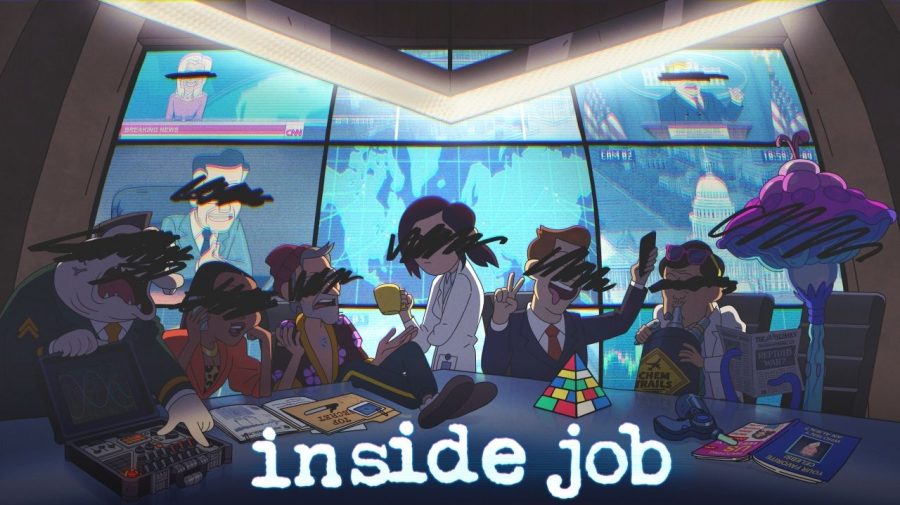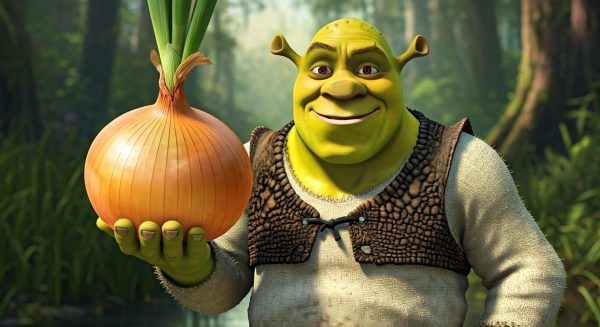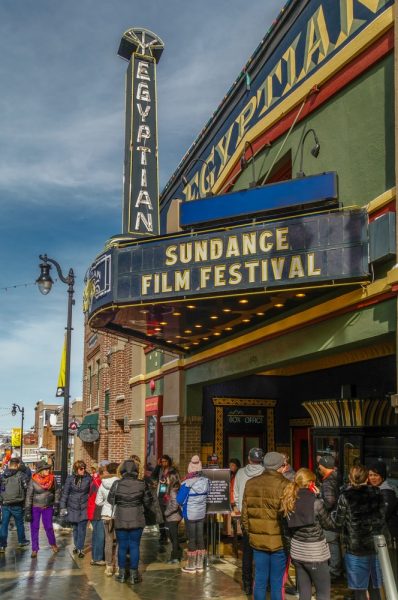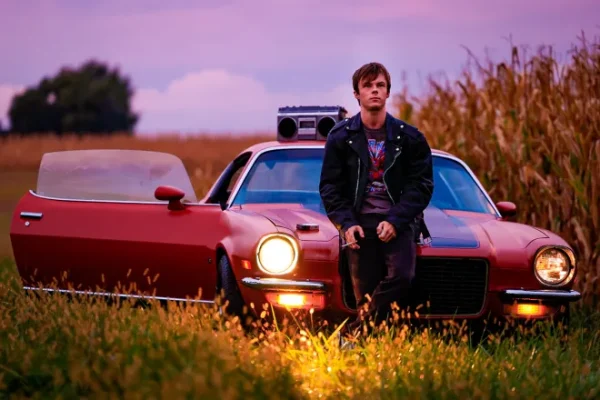Fissures in Media
Discussing the Abandonment Problem in Media Production
Recently, there has been a great number of animated and live-action TV series that have been canceled, especially in favor of other, more immediately popular ones. Many people have complained about this, but nothing seems to be happening in response; big TV companies like Netflix and Disney have other priorities.
One outstanding example of this is Inside Job. After being renewed for a second season in late 2022, the adult animated series essentially got flipped on its back; its cancellation being confirmed as of the second week in 2023. Fans of the show have raised a public outcry against Netflix for the sudden reversal, but so far nothing has been done to appease the crowds. Statements from series creator Shion Takeuchi describe how impactful the cancellation has been, and how much time and love has been put into the show and characters. “I’m heartbroken to confirm that Netflix has decided to cancel Season 2 of Inside Job,” Takeuchi laments in a Tweet. “Over the years, these characters have become real people to me, and I am devastated not to be able to watch them grow up.”
Similarly, The Owl House, a children’s animated comedy by Disney was quite nearly cut off after its second season; fortunately, the producers were able to create a 4-episode special to finish off the story. Even so, many devout fans of the show were enraged; According to Dana Terrace, creator of The Owl House, Disney ‘canceled’ the show, not because of low ratings or problems due to COVID-19, but because “a few upper echelons at Disney felt it didn’t fit the brand.” Many think this was due to the positive LGBTQ+ representation of the show, though Disney officials argue that it was due to the violence portrayed in certain parts of the show. While this is plausible, another animated series, Amphibia, had much higher levels of violence, such as showing a child being killed on-screen.
While many shows have been treated poorly in spite of their high public ratings (such as Netflix’s Anne with an E, another fan favorite), other shows that were immediate hits rather than slow-building showstoppers have been given special treatment, receiving high budgets and many season renewals. Shows like Netflix’s Big Mouth, despite high concentrations of complaints, have been prolonged and coddled by the companies that make them, just because of the money they make.
Big companies often don’t care about viewer ratings or love for the content, favoring profit over anything else. It’s clear that so many shows and series are being canceled due to financial reasons; low viewership often leads companies to believe less people are interested in the show, which may not always be true. Often, the problem is not low interest, but low publicity. When a new show is released, not many people know about it because the company doesn’t release enough prior information to garner interest, which leads to smaller audiences. Thus, the companies deem the show a flop and shoot it down before it can catch some air.
This problem is becoming far more widespread than is healthy for entertainment culture, and it’s creating deep fissures that are affecting jobs, creativity, and general culture. It’s becoming difficult to stamp out this problem, and it doesn’t show signs of slowing down or changing any time soon. It’s troubling, to say the least, to think about what the future of entertainment holds.










